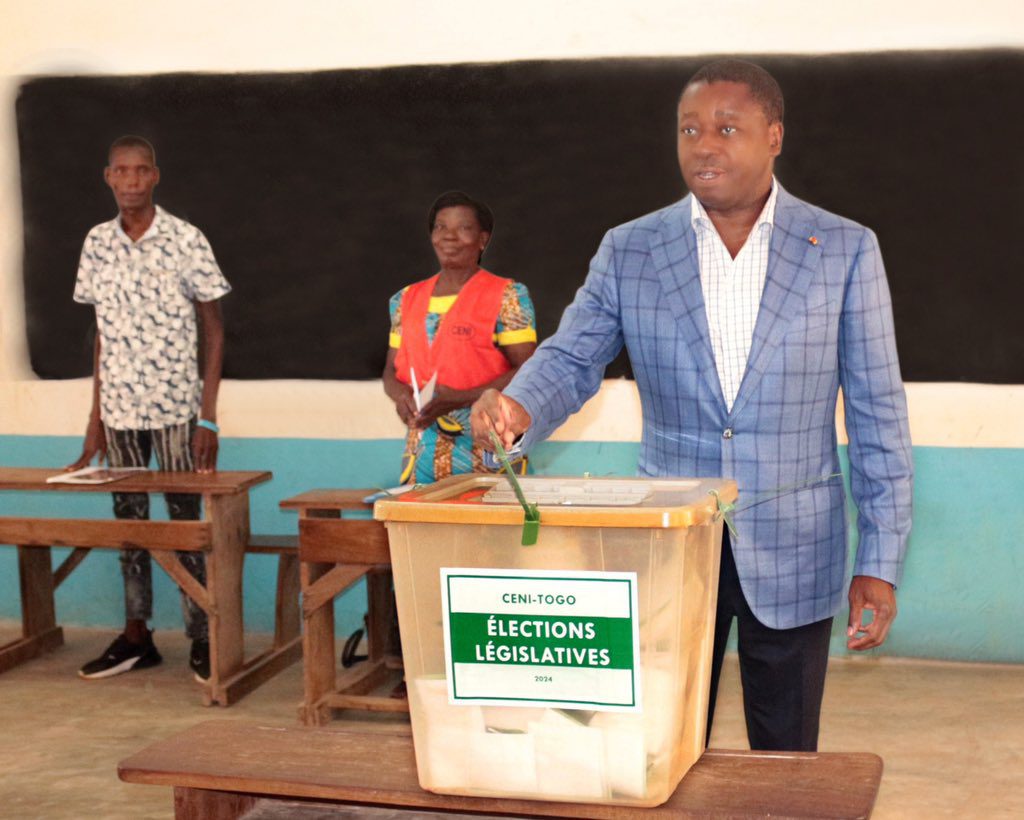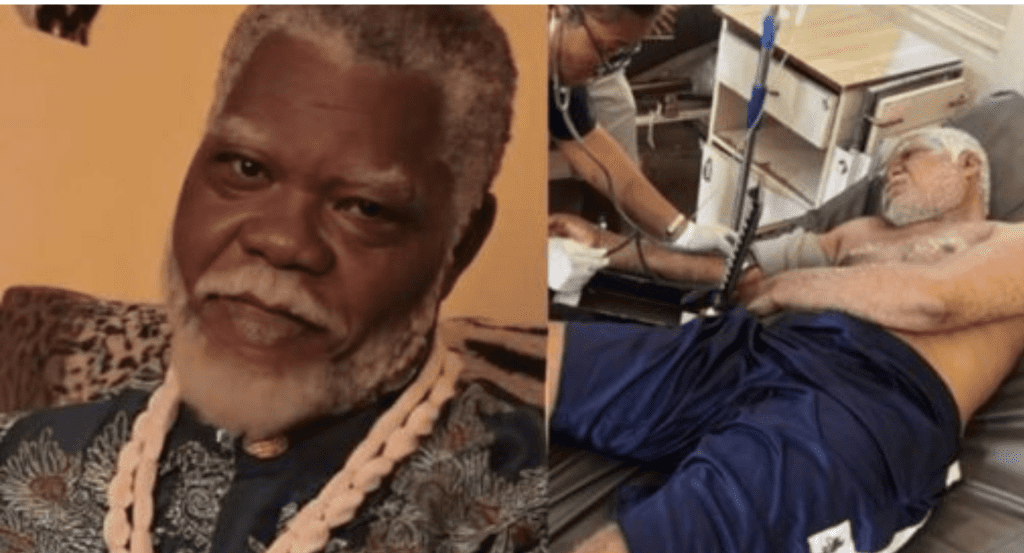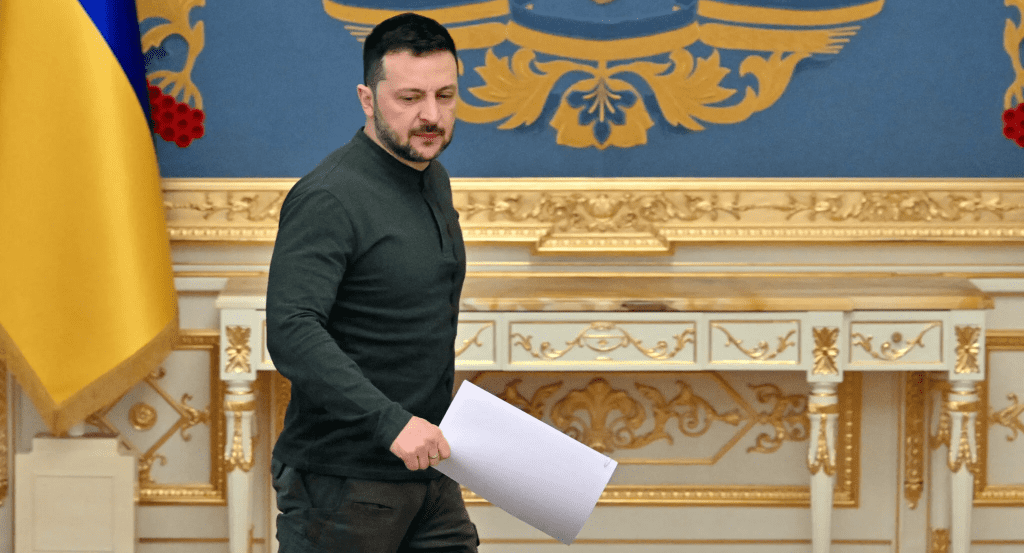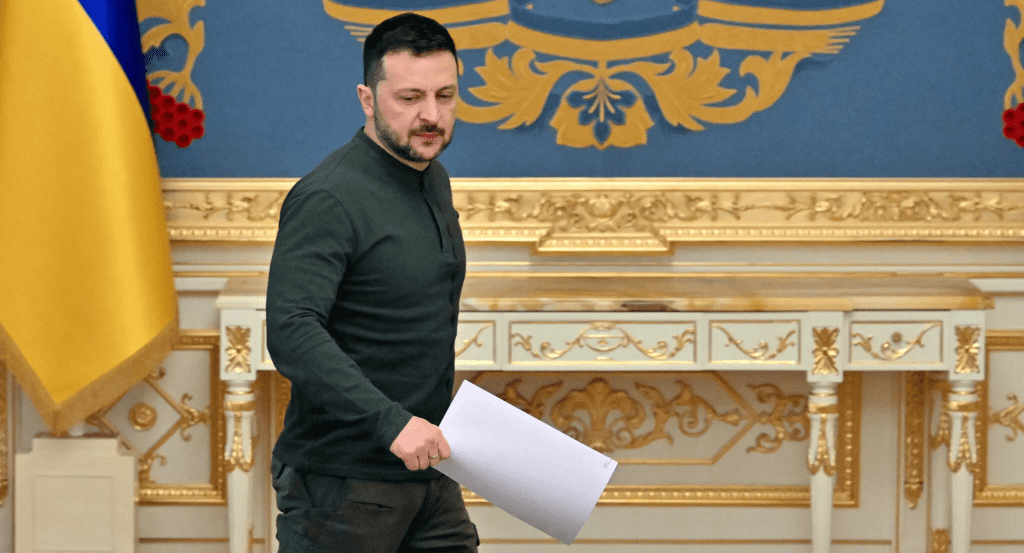Opposition groups in Togo have raised serious allegations of ballot-stuffing and other irregularities in the April 29, 2024, legislative and regional elections, even as vote counting continues. While the regional observers described the election as free and fair, the opposition has vowed to challenge the results.
The electoral commission is yet to release the official results, but Monday’s elections followed controversial constitutional reforms that critics argue will extend President Faure Gnassingbé’s hold on power.
New Reforms and Opposition Concerns
The recent vote marks the first since the adoption of a new constitution, which created a prime minister-style post believed by opposition parties to offer Gnassingbé a way around term limits. Gnassingbé, 57, has governed Togo since 2005, winning four elections, all denounced by the opposition as flawed.
The last parliamentary elections in 2018 were boycotted by the main opposition party, citing irregularities. The recent reforms shift executive power from the president to the leader of the majority party in parliament, who will head the new “president of the council of ministers” post, a de facto super-Prime Minister.
If Gnassingbé’s UNIR party wins the majority in parliament, he could assume the new leadership position, securing political power without running for president again in 2025.
Opposition Alleges Fraud and Irregularities
The Dynamics for the Majority of the People (DMP) opposition alliance reported over-voting, delays in polling, and missing electoral lists in several centers.
Nathaniel Olympio, president of the Togolese Party, criticized international observers for validating flawed elections, saying fewer than 70 observers were deployed across the country. Brigitte Adjamagbo-Johnson, leader of the Democratic Convention of African Peoples (CDPA), accused the ruling party of ballot-stuffing and promised to challenge the poll’s validity.
“We have evidence of fraud and will pursue legal action against those responsible,” Adjamagbo-Johnson told reporters in Lomé.
Meanwhile, Pascal Bodjona, the president’s new political advisor, dismissed the allegations, saying:
“If there has been fraud, the competent authorities will investigate it.”
Observers Report a Calm Election Despite Concerns
Observers from the Community of Sahel-Saharan States (CEN-SAD) reported that the elections were conducted in a peaceful atmosphere with no major incidents, although there were some concerns about the annulment of ballots and long queues at polling stations after closing hours.
Despite these concerns, CEN-SAD concluded that the issues did not compromise the transparency and regularity of the vote. The Economic Community of West African States (ECOWAS) also praised the smooth organization of the election.
Gnassingbé’s Path to Power and the New Political System
President Faure Gnassingbé first came to power in 2005 after the death of his father, Gnassingbé Eyadéma, who ruled Togo for nearly four decades. Gnassingbé’s continued dominance has drawn criticism from opposition groups accusing him of using constitutional reforms to entrench his rule.
The new constitution, adopted on April 19, 2024, redefines the presidential role as ceremonial, with executive power shifting to the leader of the majority party in parliament. With UNIR dominating the parliament, Gnassingbé is positioned to assume this new leadership post if his party wins the elections.
The electoral commission has six days from the poll date to release the final results, which will determine if the opposition’s claims will escalate into legal challenges or further political unrest.



























